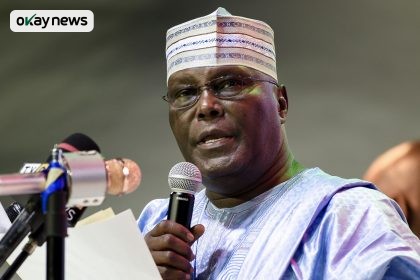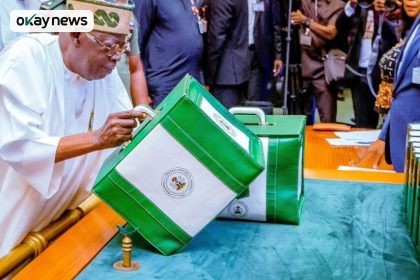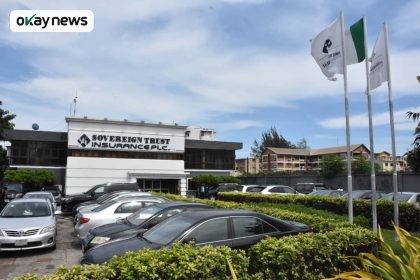Artificial intelligence could expand the value of global trade by nearly 40 percent by 2040 through cost reductions and productivity gains, the World Trade Organization (WTO) said in its latest annual World Trade Report released Wednesday.
Presenting the report, WTO Director-General Ngozi Okonjo-Iweala described AI as a rare source of optimism in a system unsettled by rising protectionism, including U.S. tariffs on key trading partners. “AI holds major promise to boost trade by lowering trade costs and reshaping the production of goods and services,” she said.
According to WTO simulations, exports of goods and services could rise almost 40 percent above current projections if AI adoption accelerates across economies.
The report cautioned, however, that without targeted policies, low-income countries risk being left behind. Okonjo-Iweala noted that poorer economies stand to gain just eight percent in incomes from AI by 2040, compared to 14 percent in wealthier states. Closing half of the digital infrastructure gap and adopting AI more broadly could allow them to match higher-income economies’ gains.
“One important question is whether AI will lift opportunities for all, or whether it will deepen existing inequalities and exclusion,” she said.
The WTO urged governments to combine trade and investment with digital infrastructure and complementary policies to spread AI benefits more evenly.
At the same time, the report flagged a sharp increase in restrictions on AI-related goods. Nearly 500 trade restrictions were recorded in 2024, compared with 130 in 2012, mostly imposed by medium- and high-income countries.
The WTO concluded that while AI offers transformative potential for global commerce, regulatory barriers and uneven adoption could determine whether its benefits are shared widely or concentrated among a few economies.







